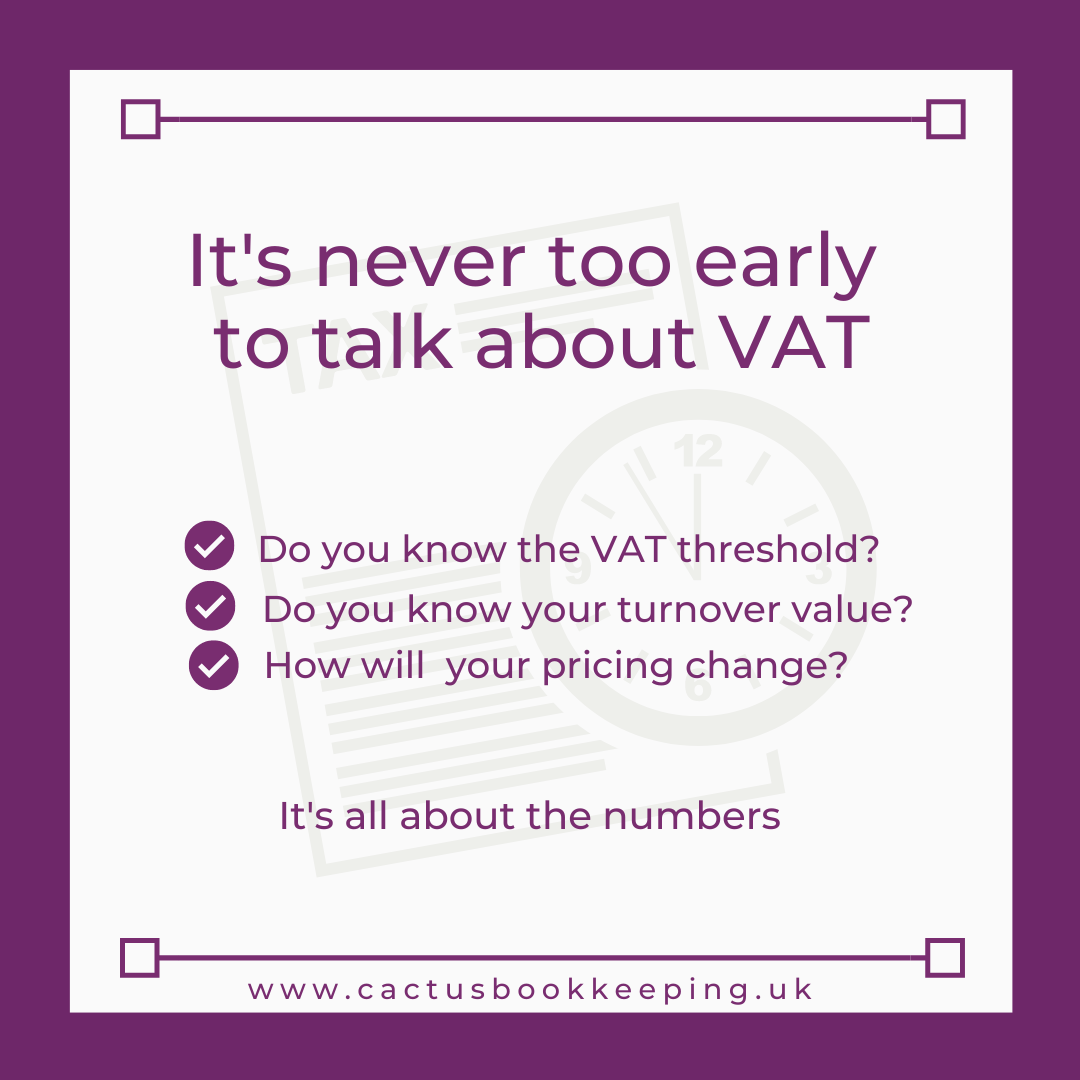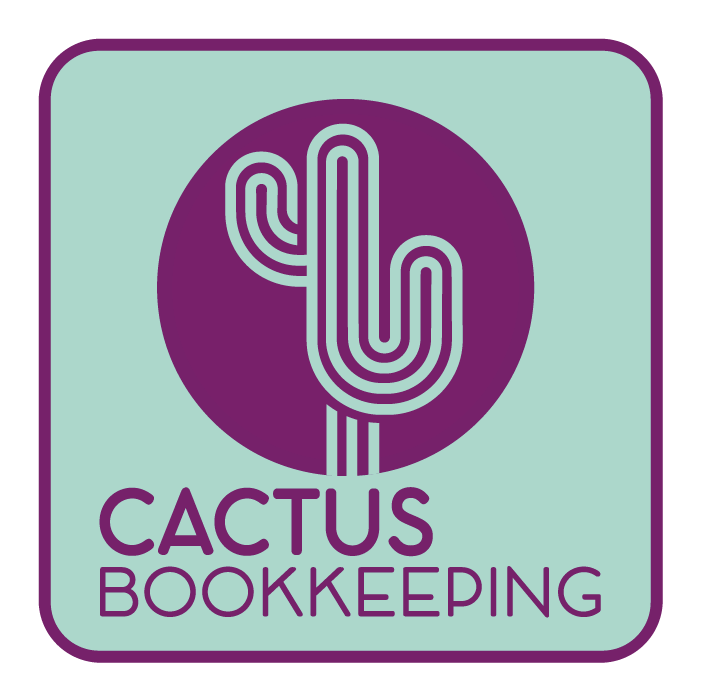When should you register for VAT?

You are required to register your business for VAT with HM Revenue and Customs (HMRC) if:
- your total VAT taxable turnover (your sales) over the last 12 months was over £85,000, the current threshold for 2022/23 tax year
- you expect your turnover to go over £85,000 in the next 30 days
You have 30 days from the end of the month you go over the threshold to register for VAT.
Your effective date of registration is the first day of the second month after you go over the threshold.
From your effective date of registration, you must:
- Charge the right amount of VAT
- Pay any VAT due to HMRC
- Submit VAT Returns
- Keep VAT records and a VAT account
___________________________________________________________
Value Added Tax (VAT) is charged on the majority of goods and services provided by VAT-registered businesses in the UK. It also applies to certain goods and services imported into the UK from the EU and non-EU countries.
As a business owner it is your responsibility to keep track of your turnover (sales) over a consecutive 12-month period, not over the 12 months of your financial year. Remember, if you are getting close to the VAT threshold you must register within 30 days of reaching the current threshold of £85,000 (2022/23 tax year).
When making this calculation any sales which are zero rated need to be included in your calculation to identify if you have reached the threshold for VAT registration. The only rate of VAT you ignore are VAT exempt sales.
When you register for VAT, it is your responsibility as the business owner to apply the correct rate of VAT on the sales you make. For the majority of businesses, it will be 20% (the standard rate at 2022-23). However, for example, in the hospitality industry the rate of VAT to be charged varies depending on what is being sold and where it is to be eaten, (eat in or takeaway, hot and cold food). It is therefore vital for business owners in this industry to fully understand the VAT rates for the food and drink they sell.
HMRC have provided guidance on VAT rates for different goods and services, and this can be found using the following link: VAT rates on different goods and services – GOV.UK (www.gov.uk)
Many small businesses with a turnover below the VAT threshold volunteer to register for VAT as they deem it to be advantageous:
- VAT can be reclaimed on goods and services purchased from other businesses.
- If their customers are VAT registered, they will be able to reclaim the VAT, which may give them an advantage over a non-VAT registered business
- Voluntary registration can be backdated by up to four years, which will allow VAT to be claimed back on equipment and set up costs if you still have those items and can provide the invoices/receipts.
Late Registration
If you register late, you must:
- pay VAT on the sales you have made since the date you should have registered AND
- you may need to pay a penalty depending on how much you and how late your registration is.
VAT is not a one size fits all and there are too many variables to cover in this blog.
The most important thing to do if you are not VAT registered, is keep track of your sales over the last 12 months and if you are creeping up on the VAT threshold, take advice from a qualified bookkeeper or accountant.

ABOUT SUE
Sue Haynes is the founder of Cactus Bookkeeping and helps business owners
with all aspects of Bookkeeping to save them time so they can concentrate on running their
business. Sue is licensed, regulated and supported by the Institute of Certified Bookkeepers (ICB)
